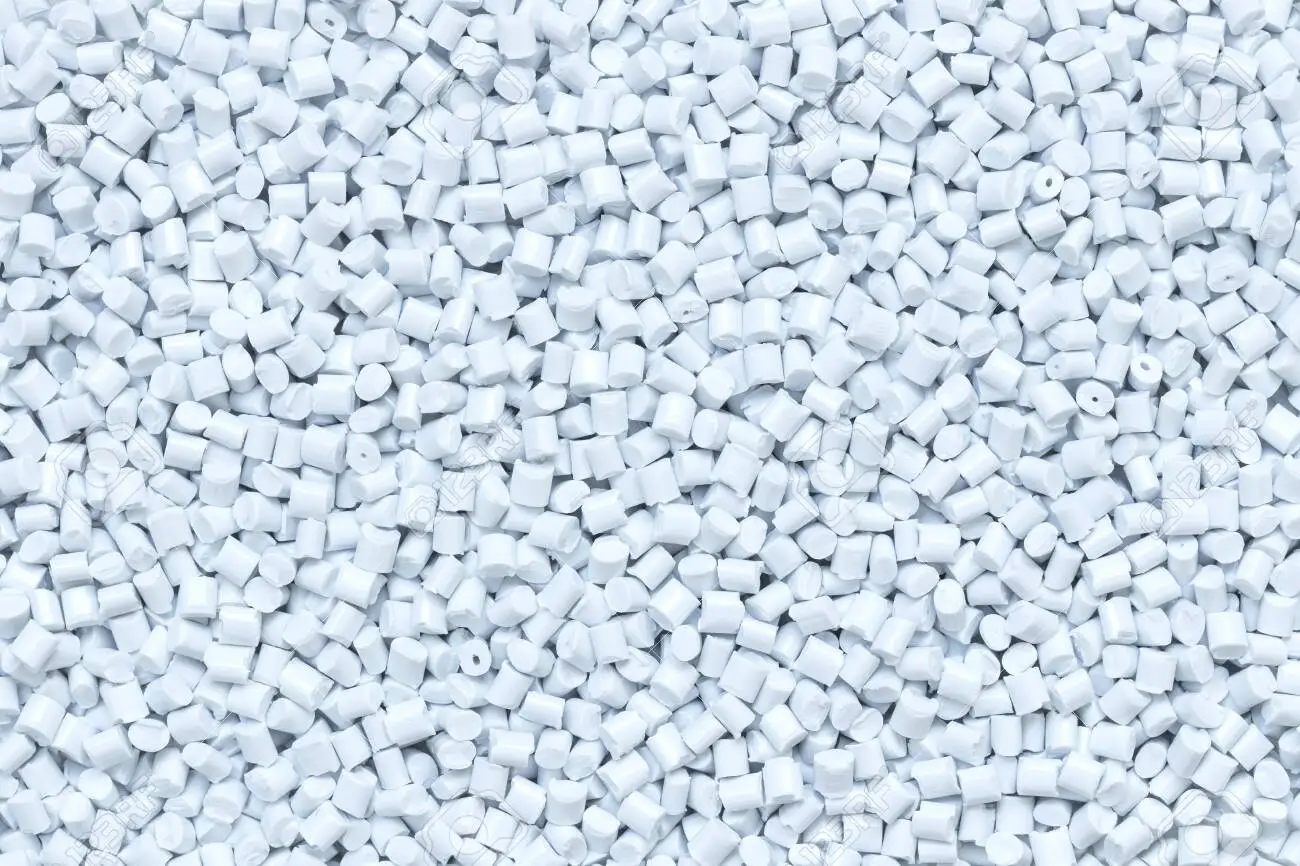Injection molding is a process that involves melting plastic pellets and injecting the molten material into a mold, where it cools and solidifies into the desired shape. And while there are a variety of plastics that can be used for injection molding, glass-filled nylon is quickly becoming one of the most popular choices.
So what is glass-filled nylon, you ask? Well, as the name suggests, it’s a type of nylon that is reinforced with glass fibers. This gives it a number of unique properties that make it ideal for use in injection molding.
First and foremost, glass-filled nylon is incredibly strong and durable. The glass fibers provide added strength and stiffness, which makes it a great choice for parts that need to withstand high stresses and loads. It also has a low coefficient of friction, which makes it an excellent choice for parts that need to move or slide against other surfaces.
Let’s take a closer look at some of the types of parts that can be made using this innovative material.
- Automotive Parts: Glass-filled nylon is an ideal material for producing parts in the automotive industry. Its high strength and rigidity make it perfect for creating parts such as engine covers, air intake manifolds, fuel rails, and more.
- Aerospace Parts: Due to its excellent strength-to-weight ratio, glass-filled nylon is widely used in the aerospace industry to create parts such as control rods, wing flaps, and other structural components.
- Consumer Goods: Glass-filled nylon can be used to create a wide range of consumer goods, including kitchen appliances, power tools, and sporting equipment. It’s also commonly used for producing the casings and internal components of electronic devices.
- Medical Devices: Glass-filled nylon is an FDA-approved material, which makes it an ideal choice for creating medical devices. It’s frequently used to produce parts such as surgical instruments, medical tubing, and implants.
- Industrial Parts: Glass-filled nylon is widely used in the industrial sector to produce parts such as gears, bearings, and other machine components. Its high strength and resistance to wear and tear make it a popular choice for demanding industrial applications.
Glass-filled nylon is also highly resistant to heat and chemicals, which makes it ideal for use in harsh environments. It has excellent dimensional stability, which means that it won’t warp or shrink over time. And because it’s a thermoplastic material, it can be melted down and recycled, making it a sustainable choice for manufacturers.
Now, you may be wondering how glass-filled nylon stacks up against other materials that are commonly used for injection molding. Well, compared to traditional nylon, glass-filled nylon is stronger and more rigid. Compared to ABS plastic, it has better dimensional stability and higher heat resistance. And compared to polypropylene, it has higher strength and stiffness.
So if you’re in the market for a material that can deliver high performance, durability, and versatility, glass-filled nylon is definitely worth considering. Its unique properties make it an excellent choice for a wide range of applications, from automotive and aerospace to electronics and consumer products.
In conclusion, I hope this post has given you a better understanding of glass-filled nylon and its benefits for injection molding. As always, if you have any questions or comments, please don’t hesitate to reach out. And if you’re looking for a reliable and experienced injection molding partner who can help you choose the best material for your needs, look no further than our team. We’re here to help!

